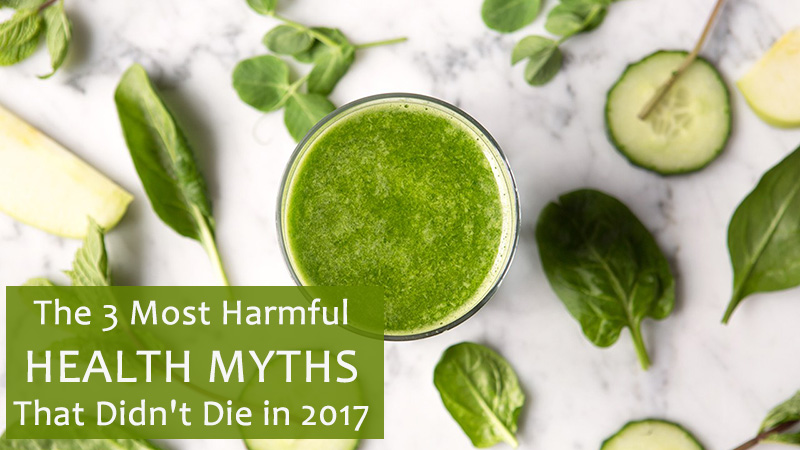The 3 Most Harmful Health Myths That Didn’t Die in 2017
The internet is a wonderful source of information – unless it’s not. It is a completely democratic tool that gives a voice to everyone, no matter if said voice is speaking facts or myths. Facts are useful, and myths are not, they can even be harmful if followed without thinking. Vegas Palms offers the best special offers in Canada – this is a fact. But describing it as a reliable source of income – this is nothing but a myth. And when it comes to health, the internet is an endless source of myths mixed with quackery and fake (yet believable) science that can – in the worst case – cause permanent health damage to those who follow them. Here are some of the most harmful ones that should have died in 2017 – but they didn’t.

Detox
Spending two weeks drinking nothing but lemon water, cucumber water or whatever superfood-infused liquid you can think of will cause your body to flush out all the toxins it has accumulated over the year. This is one of the most persistent health myths that keep emerging year after year. And it’s nothing but a pile of bullsh*t.
The human body has specific organs that take care of eliminating toxins – the liver, the kidneys, the lungs, and the skin. And they are detoxing your body 24/7 without the need for you to boost their function in any way. Moreover, if your body was unable to eliminate the toxins itself, you wouldn’t be reading articles on how to detox your body – you’d be critically ill, or worse.
Fat-free foods
Although experts have already debunked the scientific myth that eating fat will make you fat, “nutrition experts” continue to claim you should avoid it. The problem is, fat is in part responsible for the good taste of foods – and to compensate its absence, food producers usually replace it with sugar and artificial flavorings, which are far worse for you than fat.
Moreover, fat is the only way you can get some of the essential vitamins – A, D, E, and K – into your body.
Unbalanced diets
Sodium is a chemical that is needed by your body to regulate blood volume, blood pressure, and many other bodily functions. According to science, your body needs at least 500 milligrams of sodium each day and can process around 2,300 milligrams of the stuff without any issues. Consuming excess sodium has negative effects on your health – but reducing your sodium intake under the necessary minimum will also do you harm – the symptoms range from headaches and fatigue to muscle weakness, spasms, confusion, and irritability.
An unbalanced diet that is built on the lack of specific nutrients – carbohydrates, proteins, fats, sodium, sugar or whatever else you can think of – will do more harm than good. When planning your diet, make sure to give your body what it needs – and don’t listen to anyone telling you otherwise.
